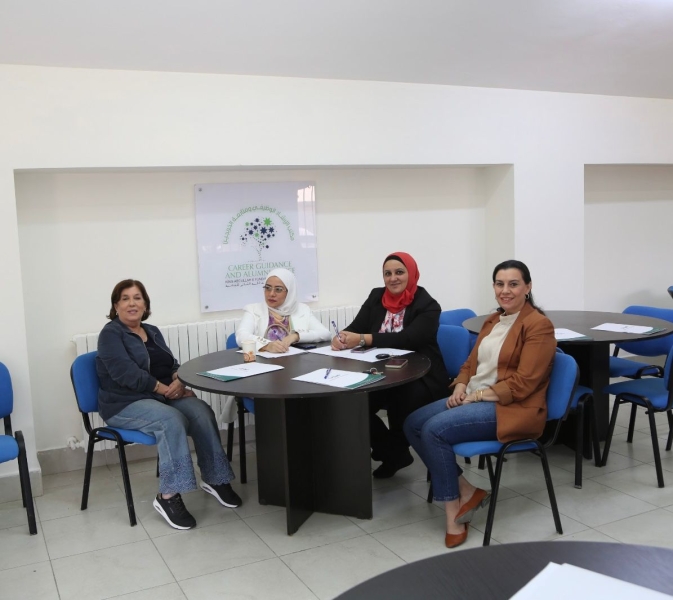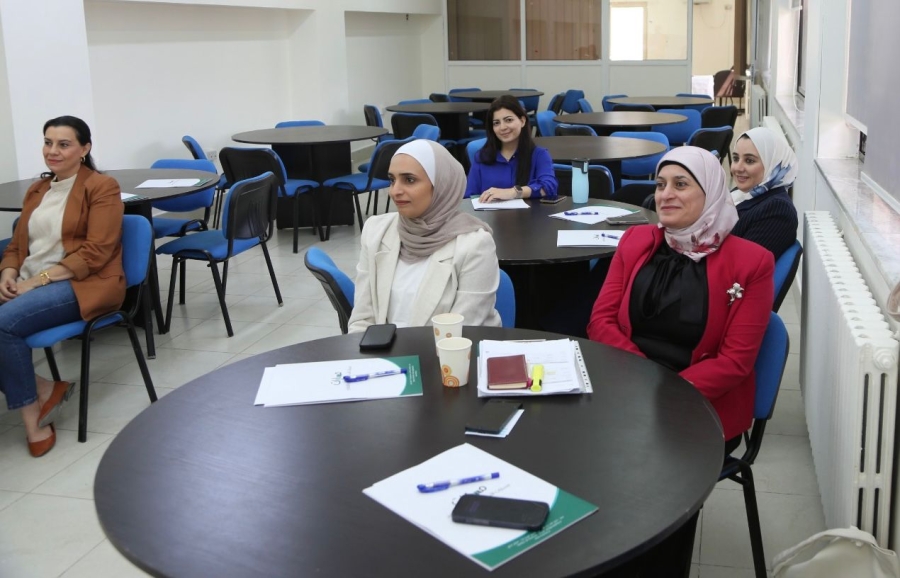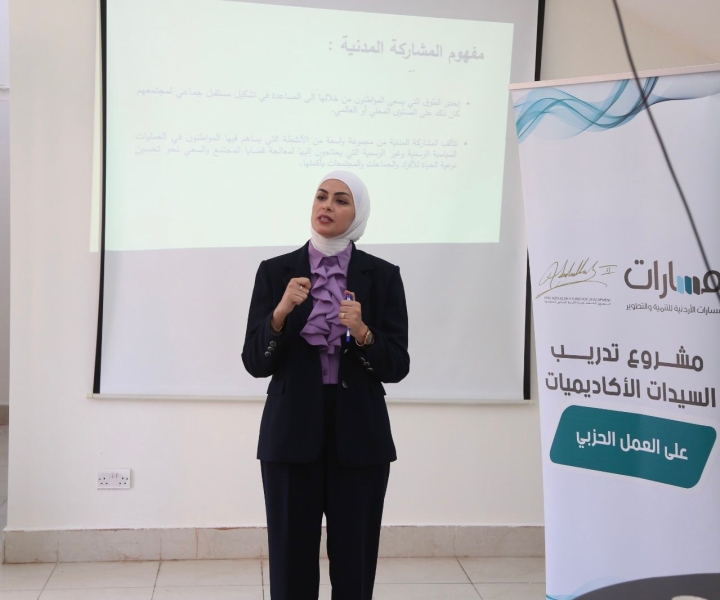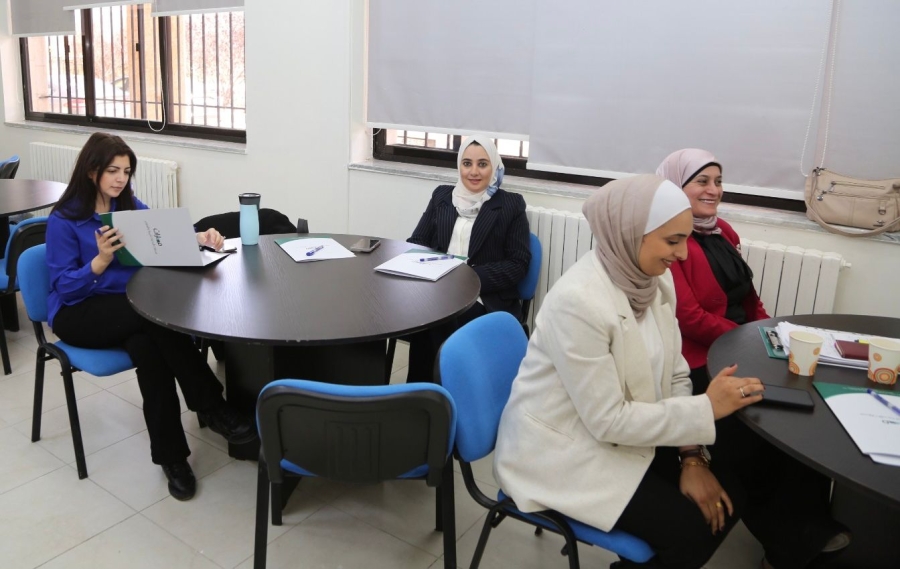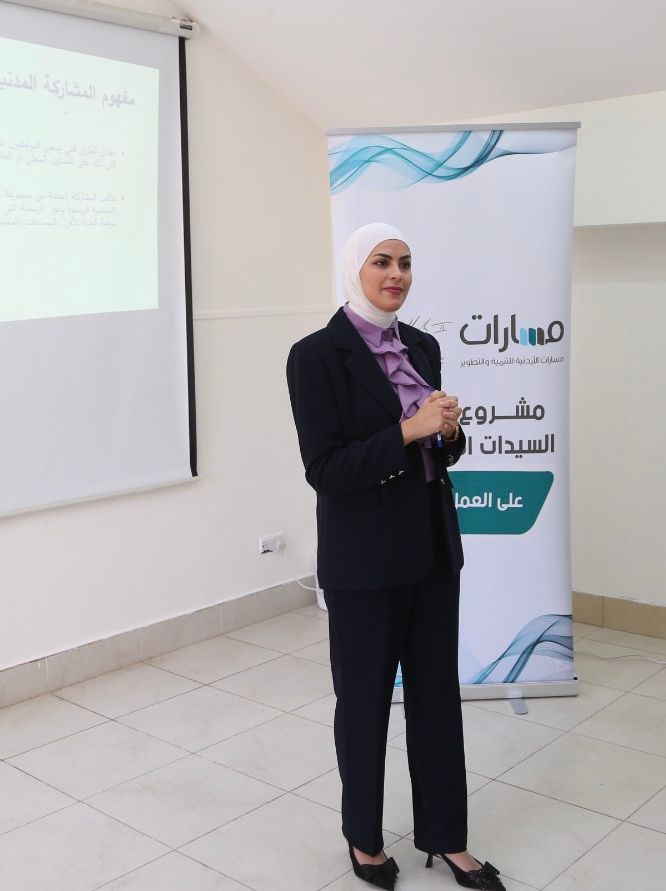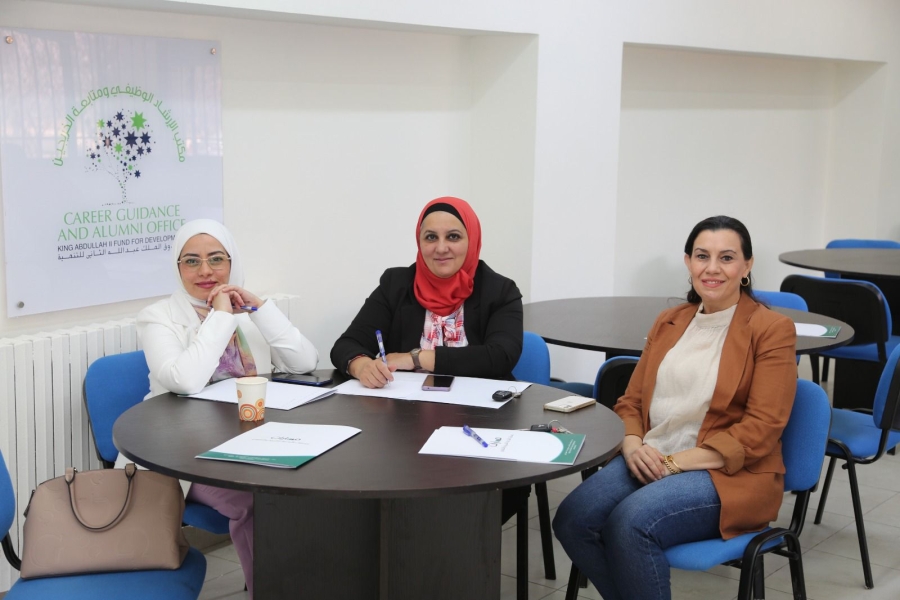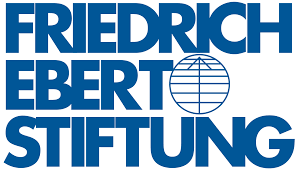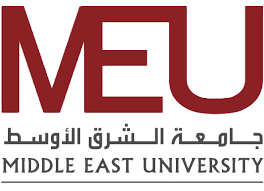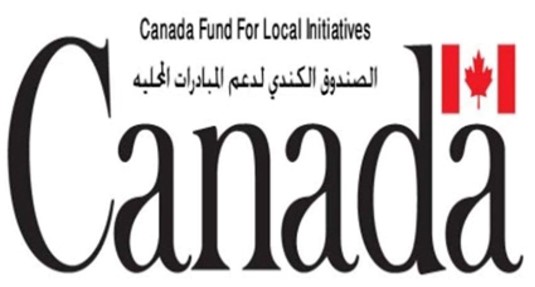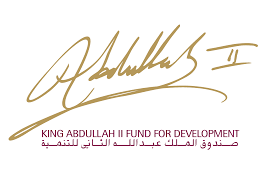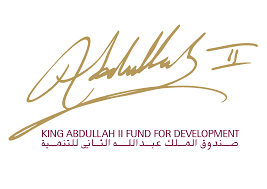"Training Women Academics in Party Work System in Universities"

Introduction
As part of efforts to enhance women's political participation in Jordan, Masarat Foundation, in collaboration with the King Abdullah II Fund for Development, organized the eighth training session for female academics at Al-Zaytoonah University of Jordan. This Project aims to train female academics on party work and empower them to play active roles in political and social life.
Details of the Project
Under the supervision of Dr. Suwar Al-Maaytah from the Faculty of Law, the session saw the attendance of a group of female academics from various faculties group of female academics from various faculties attended the session. The session began with an introduction to the importance of party work and the role of women in this field. Dr. Al-Maaytah emphasized the need to empower women academics so they can play a prominent role in decision-making.
Project Objectives
The training sessions aim to achieve several key objectives, including:
-
Enhancing political awareness: Increasing participants' understanding of political and party issues and how to influence decision-making.
-
Developing leadership skills: Focusing on the leadership and managerial skills needed to lead party initiatives.
-
Building a network of relationships: Encouraging participants to build professional relationships with their colleagues in the academic and political fields.
Training Activities
The program included interactive activities such as workshops and group discussions, where participants were divided into groups to exchange ideas about the challenges women face in party work. Case studies of successful female academics were presented, which helped inspire and motivate the participants.
Discussion Topics
The discussion focused on several topics, including:
-
Challenges facing women: Addressing the social and political obstacles that may limit women's participation in party work.
-
Strategies for overcoming challenges: Reviewing strategies that women can adopt to overcome these obstacles, such as building alliances with men in the party.
Impact of the Program
The program aims not only to train participants but also to bring about positive change in society. The active participation of women in party work is considered a step towards achieving gender balance in political life.
Conclusion
The eighth training session marks a new starting point for female academics toward a more representative and diverse political future. Supporting initiatives like these makes society more inclusive and helps build a generation of women capable of influencing their communities.
Enhancing and promoting women’s participation in party work will undoubtedly contribute to achieving sustainable development goals and strengthen the role of women in local and national communities.
